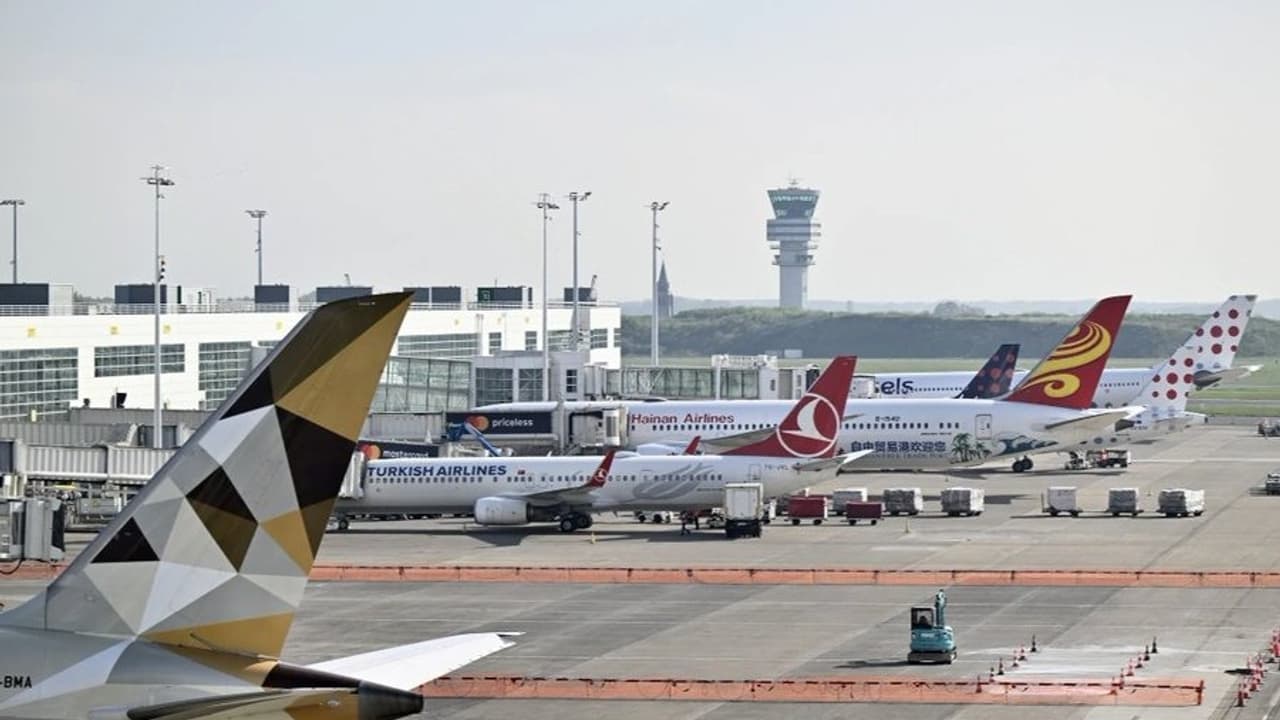A cyberattack on a service provider disrupted check-in and boarding systems at London, Brussels and Berlin airports. Flights were delayed or cancelled, affecting thousands of passengers, while some hubs like Frankfurt and Zurich reported normal ops.
A cyberattack caused widespread disruptions at several major European airports on Saturday. Flights at major European airports, including Brussels, London Heathrow and Berlin, faced significant delays and cancellations on Saturday following the cyberattack on a service provider responsible for check-in and boarding systems. The attack interfered with automated systems used to process departures, forcing staff to handle check-ins and boarding manually. Passengers were advised to confirm flight status with their airlines before heading to the airport.
Brussels Airport in Europe’s Belgium confirmed that the attack, which occurred late on Friday night, September 19, forced automated systems offline. As a result, only manual check-in and boarding were possible. The airport said the affected service provider was actively working to resolve the issue and advised passengers to verify their flight status with their airline before heading to the airport. Travellers were also urged to arrive two hours early for Schengen flights and three hours for international departures.
Scroll to load tweet…
Collins Aerospace reports technical issues
Collins Aerospace, which operates check-in and boarding systems for numerous airlines across multiple airports worldwide, confirmed the technical problem could impact departures and flight schedules, while its teams work to restore normal operations. Collins Aerospace said that it was experiencing ongoing technical problems linked to the cyberattack. Heathrow Airport warned passengers about probable delays and urged them to monitor flights closely during the disruption.
Berlin airport also affected
Berlin Airport reported longer waiting times at check-in due to the technical issues, posting a notice on its website. “Due to a technical issue at a system provider operating across Europe, there are longer waiting times at check-in. We are working on a quick solution,” the airport stated.
Passengers across affected airports faced uncertain schedules, with delays and cancellations varying by airport and airline.
Some airports remain unaffected
Not all European airports were impacted by the attack. Frankfurt Airport, Germany’s largest, reported normal operations, and a spokesperson confirmed that the cyberattack did not affect its services. Zurich Airport also said its operations were running normally, according to an official from its operations control centre.
Advice for travelers
Authorities urged passengers to check their flight status online, arrive early at airports, and follow instructions from airline and airport staff. Airlines are coordinating with service providers to restore automated systems as quickly as possible. Passengers were asked not to arrive more than three hours before long-haul flights or two hours for domestic flights.
“While the provider works to resolve the problem quickly, we advise passengers to check their flight status with their airline before travelling. Please arrive no earlier than three hours before a long-haul flight or two hours before a domestic flight. Additional colleagues are available in check-in areas to assist and help minimise disruption,” Heathrow added.
Berlin Airport also reported longer waiting times at check-in, citing a technical issue at a “system provider operating across Europe.” It said teams were working on a quick solution.
Authorities and airlines have not provided a timeline for the full restoration of services.
(With ANI inputs)
